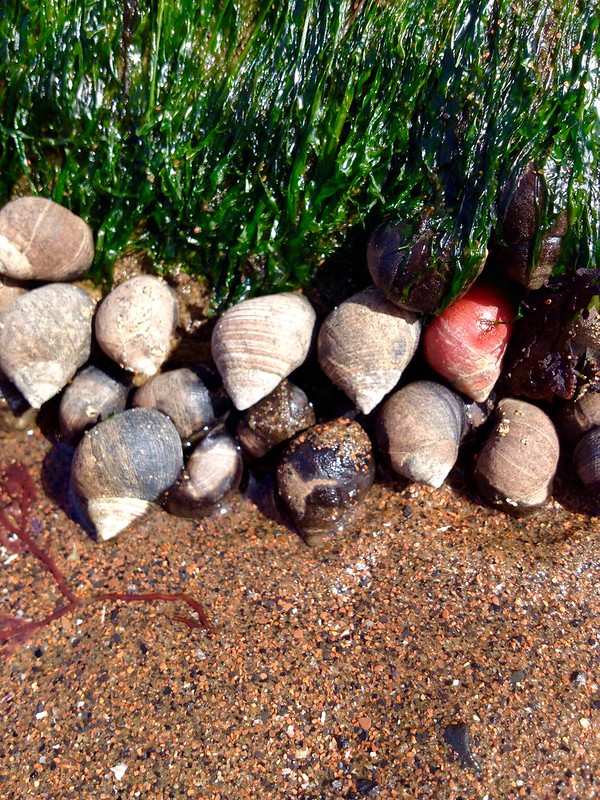Want to get involved in our ongoing work for community health? Contact us to come to a meeting to learn about our nascent and growing projects. Or get involved with one of the grassroots community health projects that we admire and support:
Atlanta Community Health Projects
Herbalista Harriet Tubman Foot Clinic
The foot clinic provides herbal foot care to people experiencing homelessness in Atlanta. It has thrived for many years, and several ARM members serve regularly as “footsters.”
Apocalypse Training Collective
The ATC is a queer- and trans-led skillshare collective that teaches skills for “surviving and thriving in apocalyptic times.”
Atlanta Harm Reduction Coalition
The Harm Reduction Coalition provides resources to reduce the impact of STIs and substance use through programs like needle exchange, Narcan distribution, and STI testing.
General Resources for Community Health
Where There Is No Doctor
The most widely-used health care manual for health workers, educators, and others involved in primary health care delivery and health promotion programs around the world.
Where Women Have No Doctor
An essential resource for any woman or health worker who wants to improve her health and the health of her community, and for anyone to learn about problems that affect women differently from men. Topics include reproductive health, concerns of girls and older women, violence, mental health, and more.
A Community Guide to Environmental Health
This guide contains information, activities, stories, and instructions for simple technologies that help health promoters, environmental activists, and community leaders take charge of their environmental health.
Sanitation and Cleanliness
This chapter from A Community Guide to Environmental Health, available as a 48-page booklet, offers basic information on toilet building as well as learning activities to help communities understand and prevent sanitation-related health problems.
Water for Life
This chapter from A Community Guide to Environmental Health, available as a 48-page booklet, helps communities improve drinking water sources, treat water to make it safe for drinking, and organize water projects to protect access to clean water.
A Book for Midwives
A vital resource for practicing midwives and midwifery training programs around the world, this book covers the essentials of care before, during, and after birth. It has been updated to reflect new WHO/UNICEF guidelines and standards for mothers and newborns.
Where There Is No Dentist
This basic dental manual uses straightforward language and step-by-step instructions to discuss preventive care of teeth and gums, diagnosing and treating common dental problems, and includes a special chapter on oral health and HIV.
Helping Health Workers Learn
An indispensable resource for health educators, this book shows – with hundreds of methods, aids and learning strategies – how to make health education engaging and effective, and how to encourage community involvement through participatory education.
Disabled Village Children
This manual contains a wealth of clear and detailed information along with easy-to-implement strategies for all who are concerned about the well being of children with disabilities, especially those living in communities with limited resources.
A Health Handbook for Women with Disabilities
Developed with the participation of women with disabilities in 42 countries, this guide helps women to overcome the barriers of social stigma and inadequate care to improve their general health, self-esteem, and independence as active members of their communities.
Helping Children Who Are Deaf
This groundbreaking book, packed with activities on how to foster language learning through both sign and oral approaches, supports parents and other caregivers in building the communication skills of babies and young children.
Helping Children Who Are Blind
The simple and engaging activities in this book can help parents, caregivers, teachers, health workers, rehabilitation workers, and others help a child with vision problems develop all of his or her capabilities.

